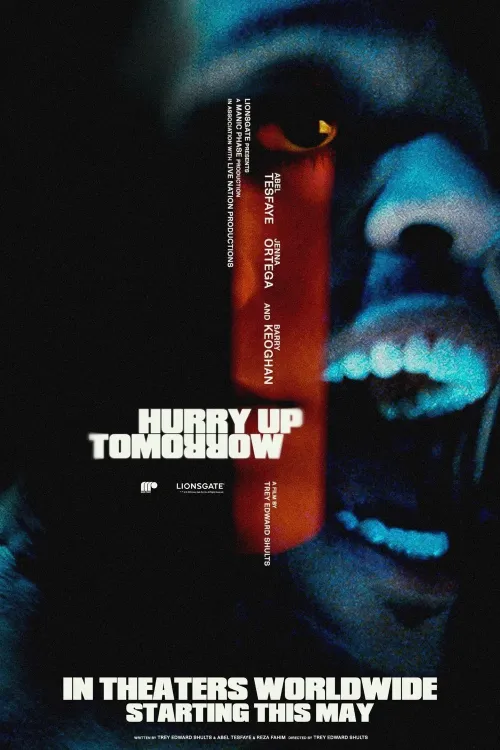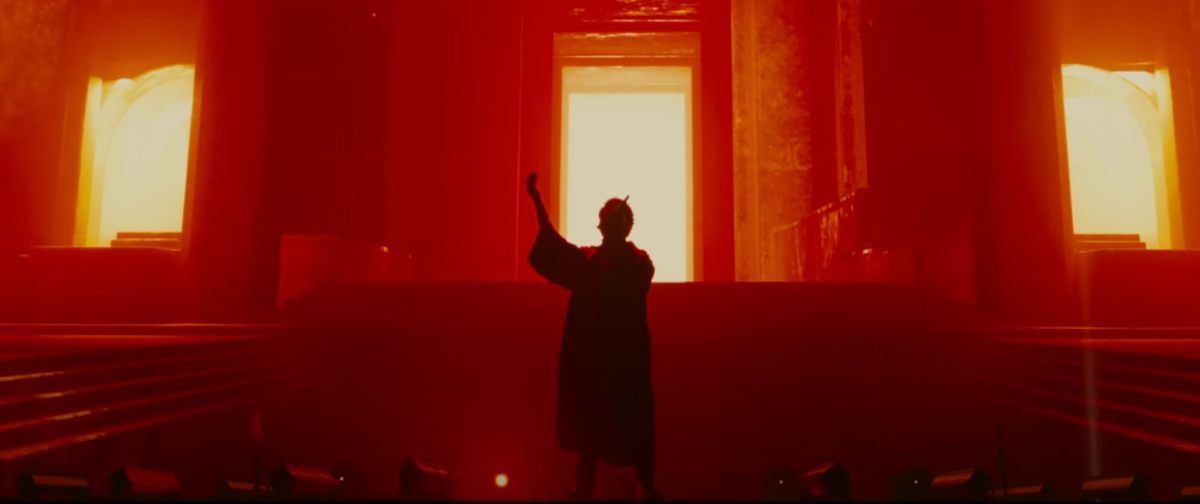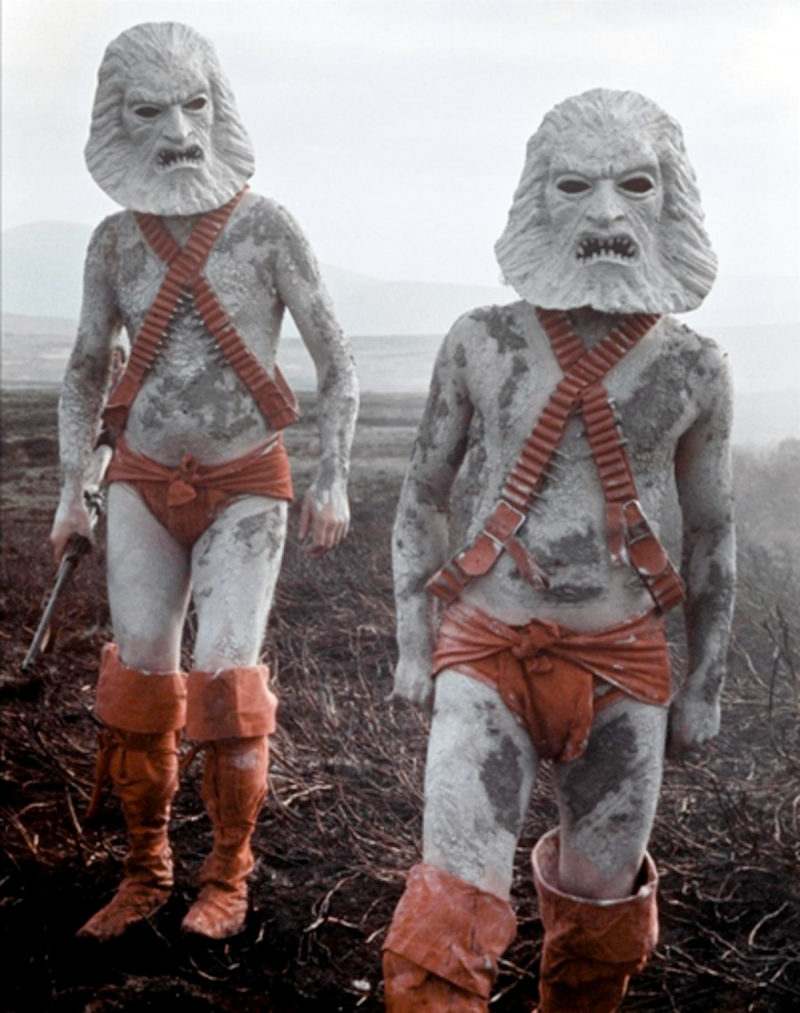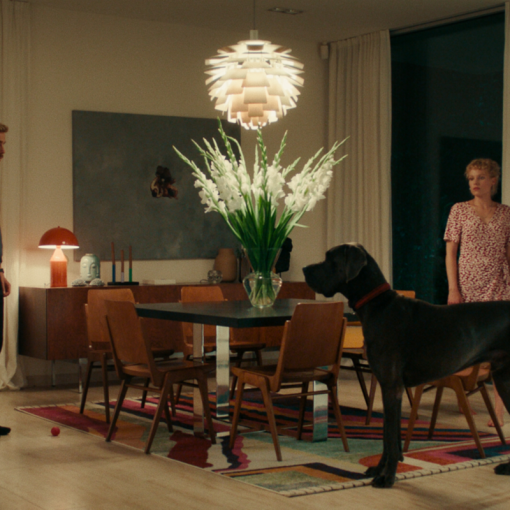 Singer / songwriter / producer Abel Tesfaye (the artist informally known as The Weeknd) makes his movie debut in this moody musical drama, released as a companion piece to his recent album of the same name, which runs the risk of collapsing into a mere vanity project as it follows his character on a journey up his own personal abyss.
Singer / songwriter / producer Abel Tesfaye (the artist informally known as The Weeknd) makes his movie debut in this moody musical drama, released as a companion piece to his recent album of the same name, which runs the risk of collapsing into a mere vanity project as it follows his character on a journey up his own personal abyss.
Unbroken tracking shots capture the star’s rarefied life, unimaginable to lowly masses like us, lending it a gravitas that’s somewhat disproportionate to the tawdry self-absorbed problems (loneliness, wrecked relationships, a mostly manageable case of asthma) that most of us would have to deal with in the absence of a talented but indulgent film director.
Here the pop life is likened to the world of sport, as Tesfaye prepares for a concert as if he’s a boxer, substituting vocal exercises for breathing ones, but also physically sparring with his manager (an ingratiating Barry Keoghan) so as to flatten the subtext to the level of text.
Tesfaye’s amateurish but eager performance, presumably as some overwrought version of himself, contains nuggets of emotional truth, and it would have been nice to see the idea of how his personal crises inform his creativity explored rather than merely hinted at. He sings his heart out, for sure, but he doesn’t seem to have much to say beyond “it’s rotten being a pop star”.
Things perk up in an anxiously dreamlike third act, in which he wanders around his Overlook-style hotel and the Omega Man streets of LA before Jenna Ortega’s troubled fan appeases her insatiable appetite for his music by tying him to a bed like he’s a King of Comedy. This prolonged, introspective and foreboding sequence is the best part of the movie, despite reminding you of so many better ones. On uncharacteristically rough form, Keoghan struggles to elevate his scenes above the quality of a high-school production, and the long, unblinking takes give him no escape. Only Ortega really comes off as something approximating a well-rounded human being, even though the script gives her such meagre scraps to feed on.Given its largely banal story and undeniable visual flair, the obvious conclusion to draw is that Hurry Up Tomorrow is a 105-minute music video. Although director Trey Edward Shults works very hard indeed to shoot and cut the offstage action like a thriller, he drenches so much of it with a purple rain of pulsating epileptic light that it has a soporific effect which no amount of frantic cocaine-rush editing can awaken us from.
As a stylised cinematic representation of modern celebrity life the film triumphs, but those of us looking for nutritious thematic or dramatic sustenance will go hungry.-Stew Mott-




